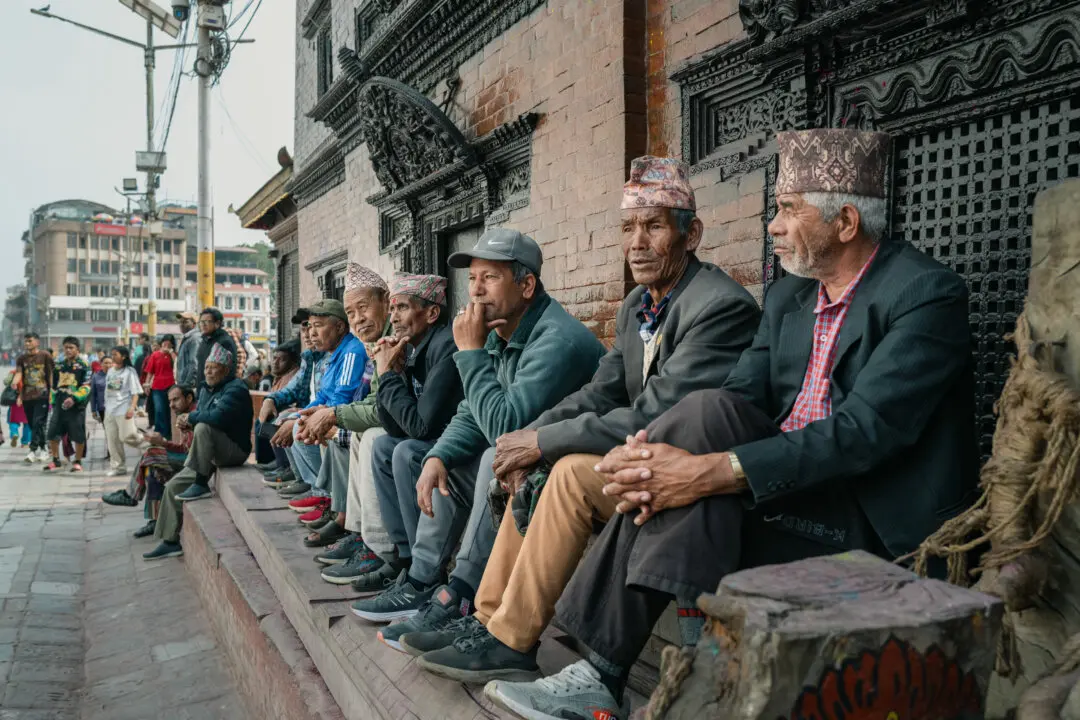Labor Camps
When the Chinese Communist Party began its persecution of Falun Gong in 1999, it used one of its tried-and-true tools: the concentration camp. Called “laojiao suo” in Chinese, or “re-education through forced labor” in English, these camps could be found sprinkled across China, far out in the countrywide or secreted in bustling urban conclaves. The smallest of labor camps could house hundreds of prisoners, while the largest could host thousands.Falun Gong practitioners were usually detained in these camps for years on end, their sentences often extended arbitrarily. In the camps, the practitioners were forced to make products for export, subjected to brainwashing, and tortured, sometimes to death, in an attempt to have them renounce their beliefs.
Throughout the 2000s, the Masanjia labor camp in northeastern China gained infamy for its extreme methods of torture and forced ideological conversion. Torture techniques developed at Masanjia—including the use of electric batons in the mouths and in the vaginas of women, or the binding of Falun Gong practitioners in excruciating positions for days on end—were later spread to other labor camps around China, and the prison authorities at Masanjia were even given awards for their efforts.
In December 2012, Masanjia made international headlines, when Oregon resident Julie Keith found a handwritten letter embedded in a Halloween decoration kit that was manufactured in China. The letter from a Masanjia detainee explained how Falun Gong practitioners there were detained for their beliefs and forced into slave labor. Keith shared the letter with the media, and the story was quickly reported nationally and beyond. It was embarrassing exposés like thess, experts say, that helped accelerate the shutdown of the labor camp system, which had become a lightning rod for criticism both inside and outside China.
Brainwashing Centers
The sentencing of Chinese citizens to labor camps is arbitrary—but there is no law at all that governs brainwashing centers in China, which have a variety of names in different parts of the country. Sometimes they are called “admonition centers,” sometimes “legal education bases.” They can be set up in empty hotel rooms, in abandoned houses, or in the expansive facilities previously used by labor camps.Officially, these brainwashing centers do not even exist. There is no administrative department of the Chinese regime that claims responsibility for them, and there are no laws on the books explaining how they ought to be run, or who should be sent to them, under what circumstances, and for how long. Instead, they appear to be set up by local police and state security forces on an ad hoc basis.
Organ Harvesting
Since the early 2000s, Falun Gong practitioners imprisoned in labor camps and prisons in China have been used as a live organ bank—killed as their organs are harvested on demand—according to a growing body of evidence collected by researchers and journalists around the world.The regime’s security forces and military hospitals play a big role in the process, while the entire operation is overseen by the 610 Office, the Gestapo-like secret police agency expressly set up by the Communist Party to carry out the persecution of Falun Gong. The first evidence of these activities surfaced in 2006, when investigators made calls to hospitals around China posing as family members of individuals in need of organ transplants—and demanding that the organs be from Falun Gong practitioners. Hospital staff readily assured them that they would indeed be able to provide Falun Gong organs.
At that time, hospitals also openly advertised the ability to provide a transplant of any type of organ within mere weeks, or even days. This is an impossibility in the West, where a transplant recipient must wait until another individual dies before he or she can receive an organ. In China, the “donor” is killed in the process of extracting the organs. The Chinese authorities have acknowledged that they use the organs of prisoners who are executed for crimes—but executions in China are only in the low thousands each year, and many of the organs from prisoners are not viable for transplant because of the prevalence of diseases like hepatitis.
Moreover, to provide any organ within a week on a rolling basis requires a very large live donor bank—large enough to accommodate differences in tissue and blood type between “donors” and recipients—that can be tapped at any time.
The center cites as evidence the fact that the number of transplants continues to outpace the number of legal donations; the fact that organs are still available “on-demand” to foreigners; and the fact that there is still almost no oversight.





